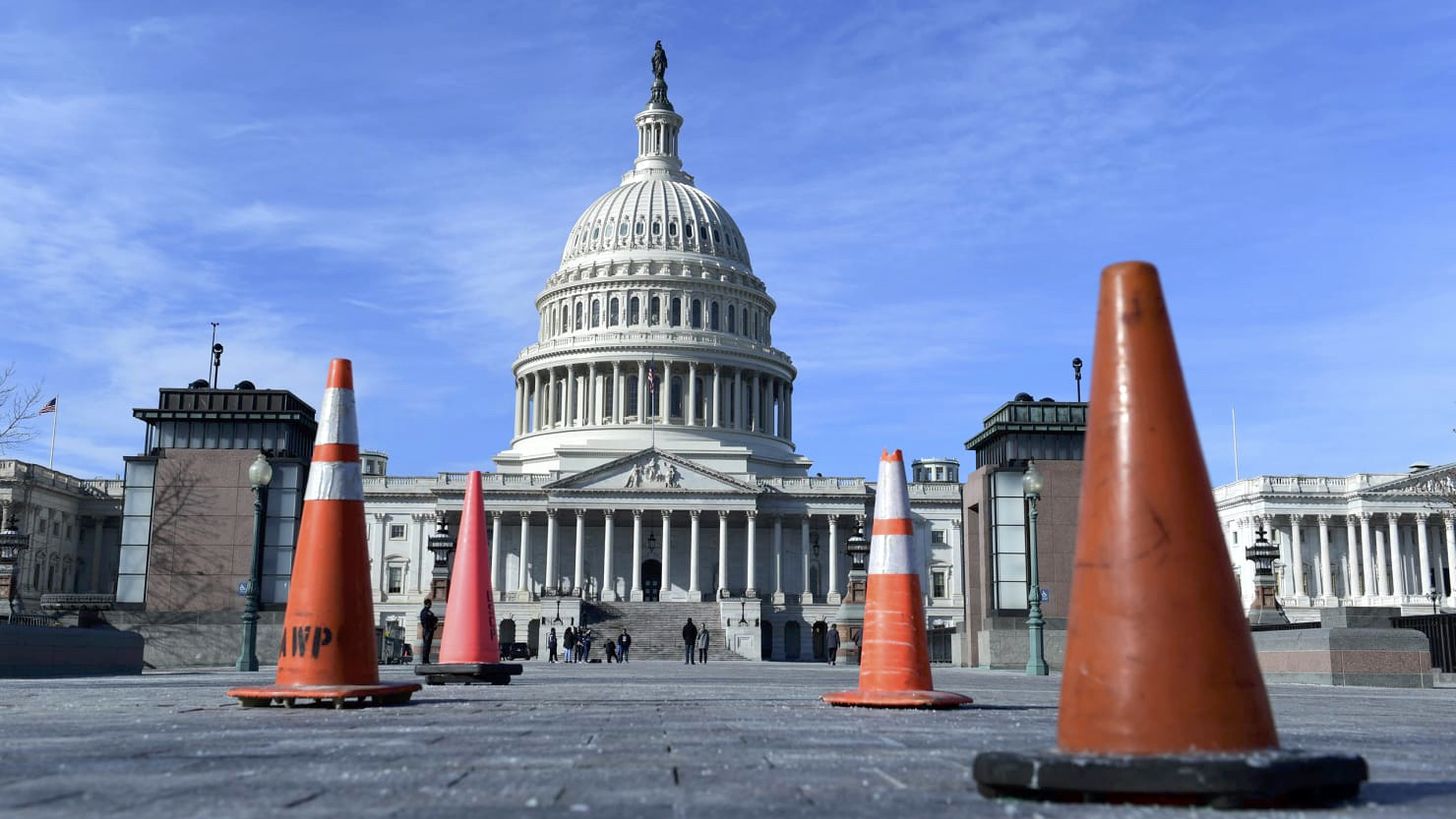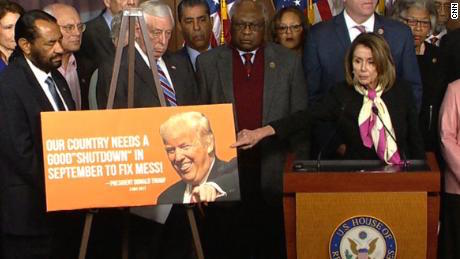
Another day, another school shooting. This time it happened on our national day of love. Cue the Valentine’s Day massacre headlines. Go, media—do what you do best—whip us all up into a gun-control, finger-pointing frenzy.
A nutjob white supremacist claims the shooter is a member of his hate group. What do you do, press? Run with it or verify first? You run with it like you mean it.
Why verify anything anymore when a CYA headline will suffice? Especially when you can imply the awful and (in their minds) predictable “truth” that Nikolas Cruz was driven to do what he did by his white supremacy.
We didn’t hear a peep about this verified and newsworthy phrase on Cruz’s Instagram page—Allahu Akbar. Predictably they don’t want to go anywhere near that one. Must be careful (and professional) when it comes to tying a religion of peace to violence.
Journalism is dead. Left-leaning scribes and editors officially killed it nearly two years ago. Their job now is to frame the news to fit their ideological preferences—even if it means sacrificing any vestiges of integrity that survived the political pyre of the 2016 election.
Shooting off our mouths
Even before news outlets trumpeted the white supremacist nonsense, many on the left screamed their exclusivist outrage to the heavens:
“The NRA killed those kids!”
“The GOP has blood on its hands!”
“Trump revoked mental illness background checks!”
“F*** your thoughts and prayers!” (We need legislation, not God.)
Newsflash, bigmouths:
Nikolas Cruz is the murderer. Not the NRA or GOP or Trump or people who own guns. We’re all outraged and saddened by this tragedy. Claiming the moral high ground and blaming the other side of the gun control issue is reactionary, thoughtless and despicable.
Those on the right could just as foolishly blame bigmouths on the left by reminding them that it is they who want gun-free zone schools. Gun ownership proponents could say that they’re the ones who want armed security guards in schools to protect kids.
By the way, does anyone think school shooters give a rip about gun-free zone signs? They may as well read, “Shooting Gallery—OPEN.”

How to fix this
Let’s talk about assault rifles—or more accurately, about semiautomatic rifles that fire one round per trigger pull (just like handguns), but are mistakenly referred to as assault rifles.
I can see how they’d be fun to shoot, but for the life of me, I can’t think of one good reason why anyone needs one. In fact, I’d prefer our citizenry NOT match firepower with law enforcement or the National Guard.
I know … the Second Amendment, right? I accept that it was designed to protect our right to bear arms and resist government tyranny, but I’m confident our rule of law, our constitutional checks and balances and the spirit of our nation will ensure that we’ll likely never need these weapons to resist our government. Call me naive, but I just don’t see tyranny as a real possibility.
Here’s a certainty: Gun-free zoned schools do nothing to protect children. We have non gun-free zones in shopping malls and in other venues where young people gather—why not have good guys with guns to stop bad guys and crazies?
Why is it a bad idea to allow school districts to have security guards? Before you answer, consider this scenario: A shooter enters his school and starts his killing spree; security forces scramble and take him down. What’s wrong with this? It’s what we’d see happen in an airport or sports venue.
How about allowing teachers to conceal carry or to have a firearm in a locked safe in or near their desks? This could provide a second line of defense … and a deterrent.
Mental health. Maybe if we encourage school districts to employ professional mental health counselors with in-school offices, kids who are about to snap won’t. Perhaps they’d get real help and begin to hope.
Many if not most school shooters are deeply troubled and aren’t getting any help. We should also ensure students can anonymously report bullying and threats, which, in this case actually happened, but was inexplicably ignored.
The FBI’s failure to act on a vital tip they received concerning Nikolas Cruz’s desire to be a school shooter is indefensible.
Guns aren’t evil—people are
At this point, this may seem trite, but it’s still true—guns are not the problem. They don’t run down the street shooting people. They can’t hop around looking for evil people to pick them up and use them on others. But we can and should limit their accessibility.
I grew up in Texas in the ’70s and ’80s. There were no background checks to buy firearms. There weren’t any requirements to keep them locked away from kids. Yet I don’t remember ever even thinking about the potential of gun violence in my schools.
It was infinitely easier for adults to buy guns, use guns, and have guns in one’s truck rack, glove box and purse and yet we had virtually no school shootings—as in rarely ever. What changed?
We changed. Our culture changed. Our expectations for our children changed. The public school system changed. Our laws changed. Our expectations of personal responsibility and accountability were lowered by nanny-state policies. Helicopter parenting became the norm.
An adversarial parent-teacher dynamic emerged. In better times, parents and teachers were on the same team and worked together for the good of society AND for the good of the child. Instead of rearing kids to become decent citizens who respect authority and help ensure the common good, we coddle and enable them to demand safe spaces and their rights to resist free speech.
The power of community
I realize that Nikolas Cruz was an outcast and was terribly ostracized. This is awful. And despite our education system’s focus on inclusion and fairness, it’s not surprising. But somehow, he thought that lashing out with deadly force was an option. If he had been born thirty years earlier, would he have thought so? Not likely.
How can I be so sure? Because he would’ve known he’d be going up against EVERYONE on the same team: teachers, parents, police officers, firefighters, students—those who worked together to make schools criminal-free zones rather than gun-free shooting galleries. They knew what we should know—guns weren’t and aren’t the problem—bad people are.
Disagree? Then kindly answer these questions:
If you think that more gun control is the answer, consider this: For decades we had little or no gun control and yet suffered a tiny fraction of the gun violence that now plagues our schools. How will more gun control address the root causes of our problem?
Okay, let’s ban “assault rifles.” I’m onboard. Now what? Won’t troubled kids like Cruz use hunting rifles or shotguns or handguns or whatever?
Root causes
Aren’t the root causes of the problem within us, within our devolving culture? What about the glorification of violence in video games, music and entertainment? How does the vilification of law enforcement factor in to the problem? How does banning prayer in schools contribute?
What happened to parents empowering educators to help discipline their children rather than insulating them from authority and consequences? My parents would’ve (and often were) embarrassed by my misbehavior at school. They didn’t blame my teachers for reporting it—they blamed me.
I’m ready to listen. I truly am.
And I’m just as outraged and fed up with the senseless slaughter as you are. Let’s solve the problem together. No more grandstanding, blame gaming, finger-pointing and moral high grounding. Kids are dying. There’s got to be something we can do to help stop the killing.
And you’re right. Doing nothing isn’t the answer. Neither is vilifying a political party with disgusting lies about its members not caring about kids. People on the left AND right care about protecting our schoolchildren. Let’s stop the sickening partisan mudslinging.
We must do something. On that, there’s no disagreement. We simply disagree on how best to do it. Let’s respect one another’s viewpoint and get to work.



